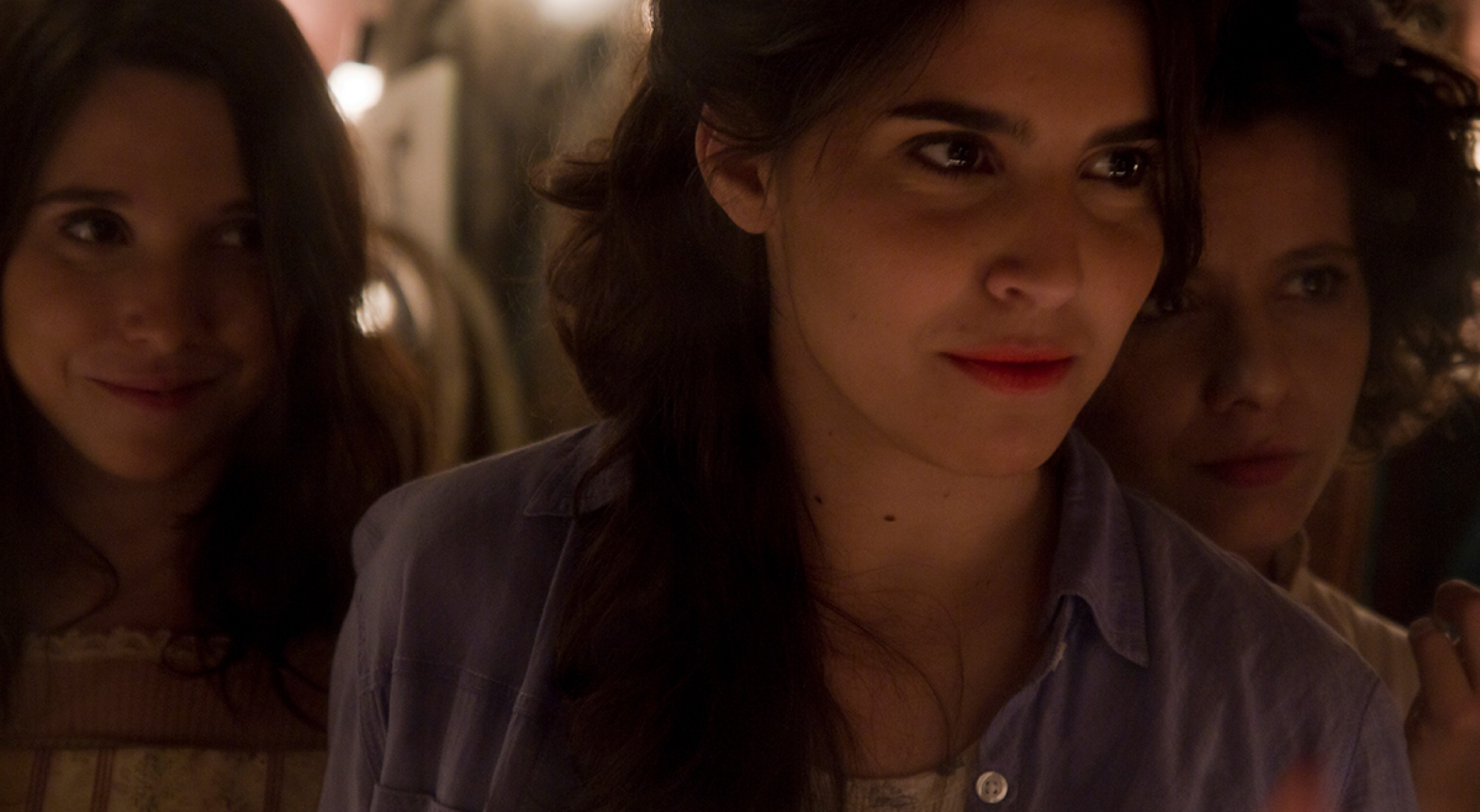Matías Piñeiro
Pour l’amour du jeu
novembernov 7 – 21
A programme drawn up by Andréa Picard and Matías Piñeiro
A retrospective organized by Jeu de Paume in partnership with Festival d’Automne à Paris
Pour l’amour du jeu looks back at the evolution of the already prolific career of Matías Piñeiro. It features a body of sensuous and original films on the brink of artistic creation and formal experimentation. This is the long-overdue occasion for French audiences to discover his work.
A decade or so is all that it has taken for this young Argentinian film-maker to make a name for himself as one of the most remarkable voices in contemporary cinema. His six groundbreaking films, loosely based on works of theatre and literature, explore the power of desire and language. Bursting forth from the still vibrant New Wave scene in Argentina, Matías Piñeiro’s playful and mysterious productions owe much to the masters of French New Wave, such as Éric Rohmer’s tales of philosophy and seduction, and the dizzying intrigues of Jacques Rivette. The influence of several expatriate Argentinian film-makers living in France is also palpable in his work, such as Eduardo de Gregorio and Hugo Santiago. Each of Matías Piñeiro’s films draws from classics of literature. Far from being mere adaptations, however, his trademark as a film-maker consists of translating or transposing them. Whether drawing upon the writings of Domingo Faustino Sarmiento (a XIXth century humanist and former Argentinian president) or Shakespeare (with his series entitled “Las Shakespeariadas”) , Matías Piñeiro has developed a style in which the languages of theatre, literature and cinema fuse together. His films orchestrate them in such a way that art, music, love and the actor’s craft blend together harmoniously in a serpentine universe.
